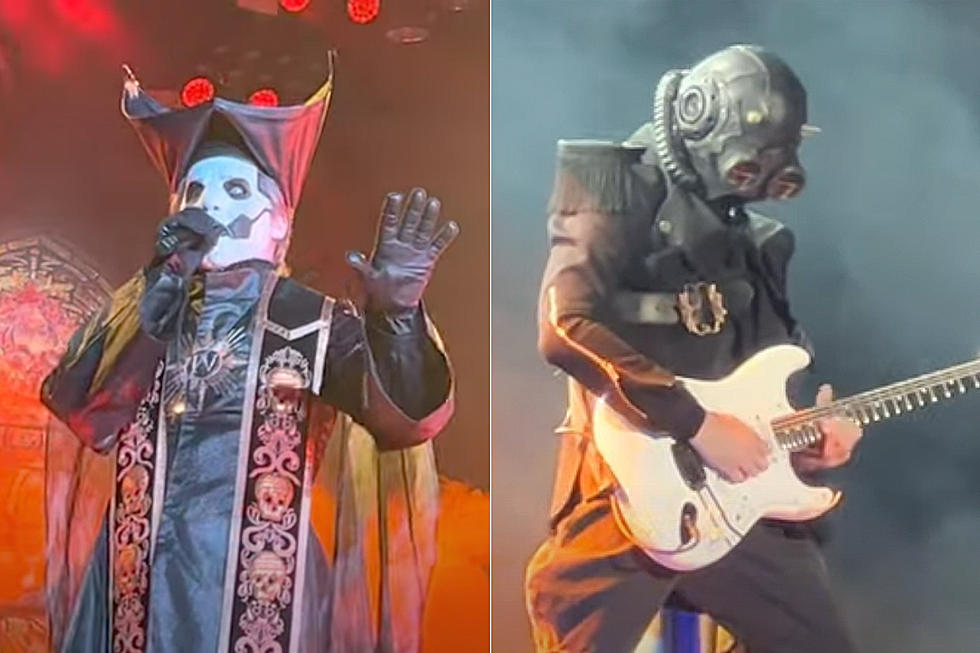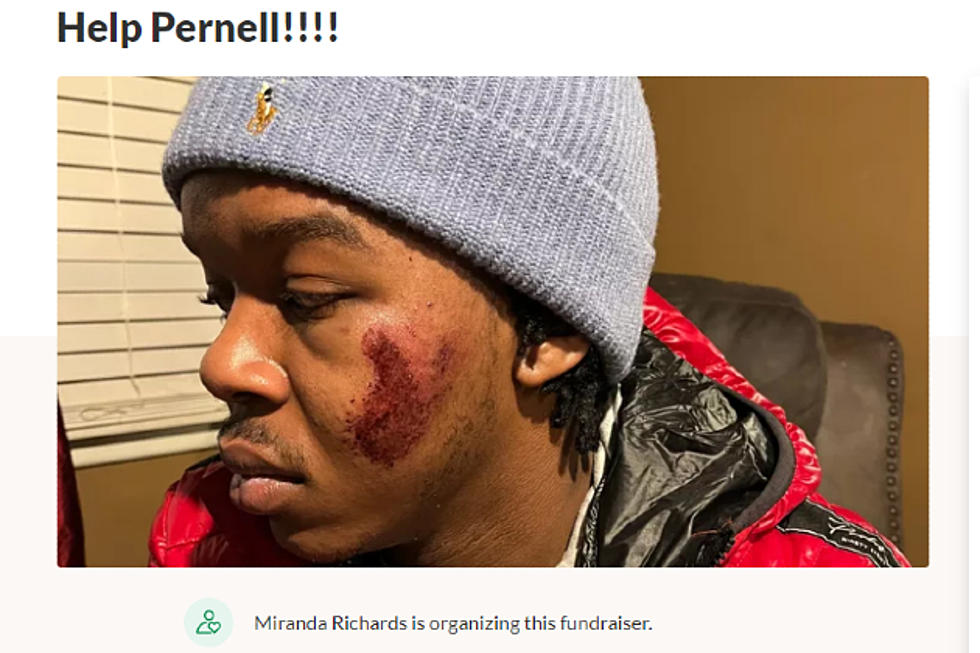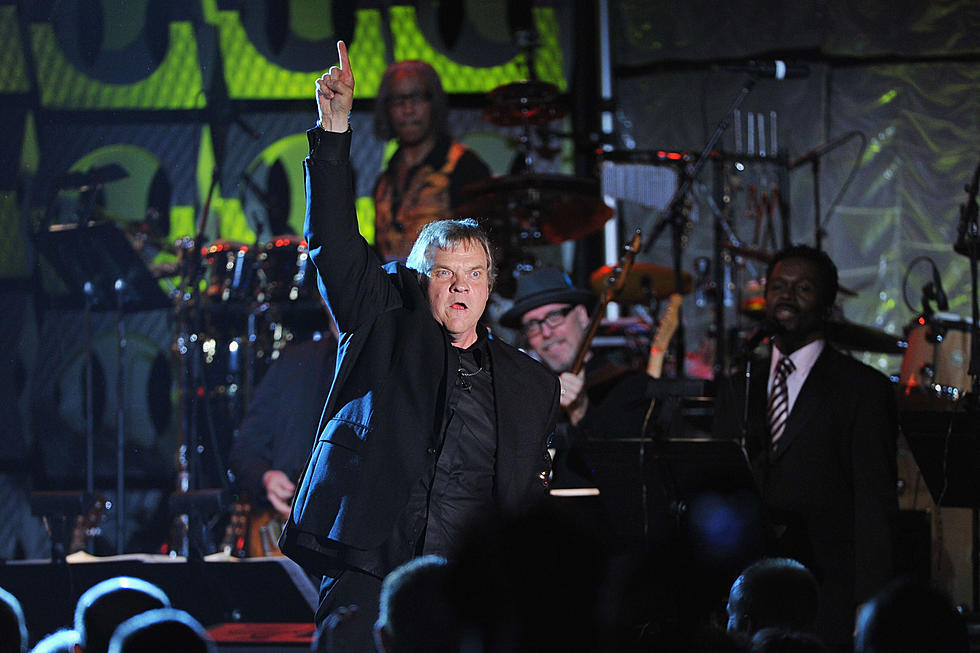
Nirvana Refutes Graphic Designer’s Claim to Iconic Smiley Face Logo
Nirvana, through the firm that manages the band's copyrights, has struck back at a designer who maintains he created the band's distinct smiley face logo.
On Monday (Jan. 24), Nirvana LLC, the controlling company for the defunct grunge act led by the late Kurt Cobain, denied designer Robert Fisher's claim that he coined the logo, according to KNX News. Fisher was an art director at Nirvana's record label, DGC/Geffen Records, in the early '90s, at the same time the band was rapidly ascending in popularity.
In 2020, Fisher contended that he first conceived the stylized smiley face with crossed-out eyes and a winding grin as a family-friendly T-shirt graphic for Nirvana in 1991, at the group's request, after he "started playing around with variations of the smiley faces."
But in this week's counterclaim, lawyers for Nirvana asserted the band's company has full ownership of the image. They said the iconic smiley face logo was single-handedly created by Cobain that year and registered for copyright two years later.
Further, "in the 30 years since the design's creation and Nirvana's exploitation of it, Fisher never claimed any interest in it," the group's lawyers stated.
And Fisher's claim is just one piece of the puzzle when it comes to the legal battle over ownership of the Nirvana smiley face. He's an interjector in a 2018 suit between Nirvana and the fashion label Marc Jacobs over the use of the logo on a Marc Jacobs garment.
That year, the fashion house released the Marc Jacobs Redux Grunge Collection, which contained a T-shirt that featured the same smiley face logo on front but with the word "Heaven" in place of the Nirvana wordmark that usually sits above it on the band's merch.
Subsequently, Nirvana sued the fashion label, and Jacobs sued back. Jacobs' lawyers deposed surviving band members Dave Grohl and Krist Novoselic in an attempt to ascertain who created the logo, and the musicians testified they didn't know who designed it. However, in subsequent briefings, Nirvana's lawyers claimed neither musician was questioned on the basis as to if they believed Cobain was the logo's creator.
At that time, Jacobs' countersuit stated, "The apparent absence of any living person with first-hand knowledge of the creation of the allegedly copyrighted work in question, coupled with numerous other deficiencies in the … registration that is the basis for Nirvana's infringement claim are the basis for the counterclaim."
That was before Fisher entered the picture with his assertion. Per the designer's attorney, Fisher's claim was only late because he had recently learned the band was "misattributing the illustration to Kurt Cobain" or had registered the copyright for it.
Fisher's lawyer said the graphic designer originally created the logo as a favor to Nirvana's management, and that he owns a copyright interest under an "implied license" that he granted to the band. Nirvana disbanded in 1994 after Cobain died by suicide.
10 Bands Who Broke World Records
More From KFMX FM










